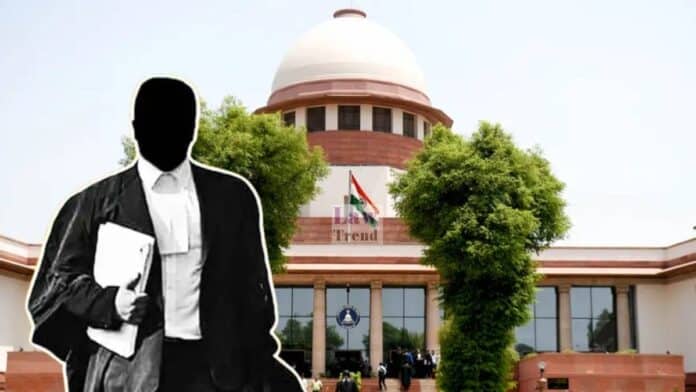The Supreme Court has quashed an FIR and subsequent chargesheet registered against a practising advocate for offences under Sections 376, 376(2)(n), and 507 of the Indian Penal Code (IPC). A Bench comprising Justice B.V. Nagarathna and Justice R. Mahadevan held that a consensual relationship that continued for a prolonged period cannot be retrospectively branded as
To Read More Please Subscribe to VIP Membership for Unlimited Access to All the Articles, Download Available Copies of Judgments/Order, Acess to Central/State Bare Acts, Advertisement Free Content, Access to More than 4000 Legal Drafts( Readymade Editable Formats of Suits, Petitions, Writs, Legal Notices, Divorce Petitions, 138 Notices, Bail Applications etc.) in Hindi and English.




